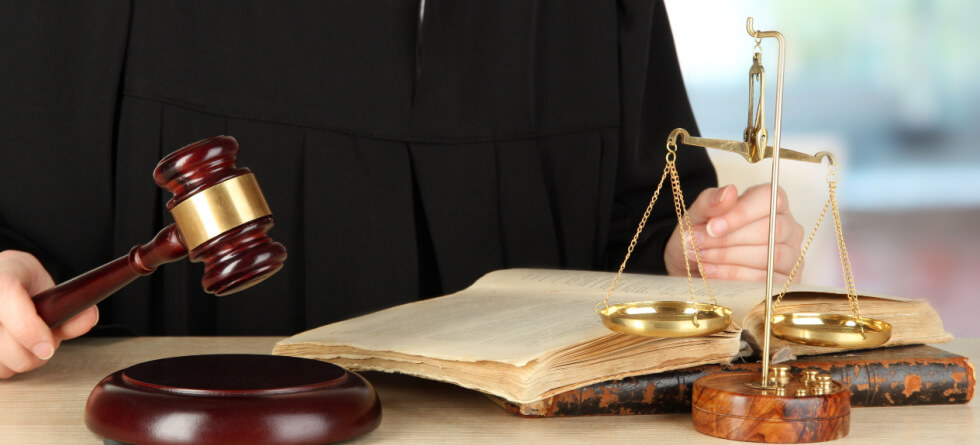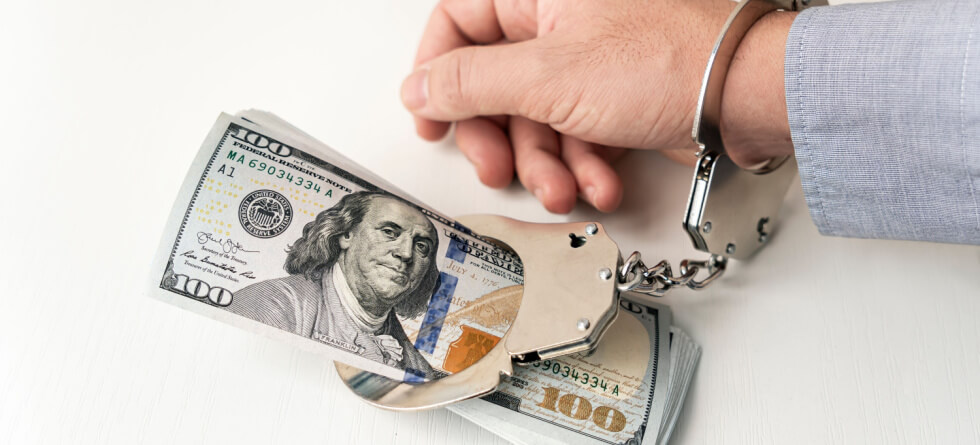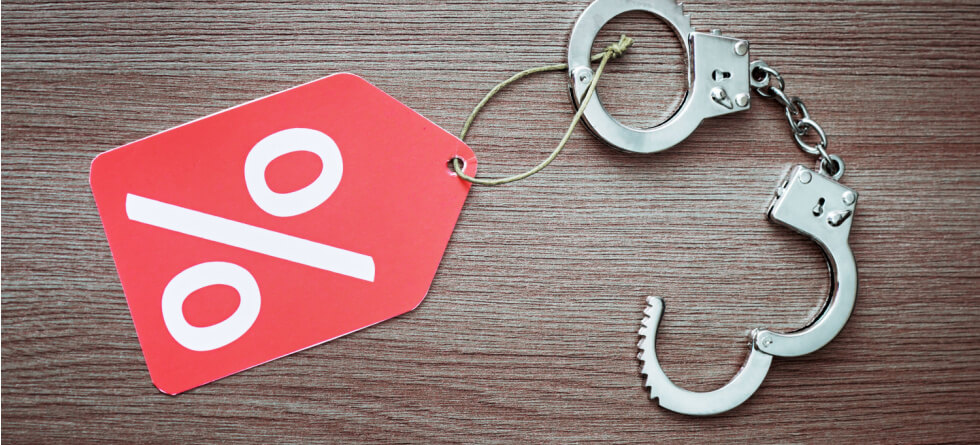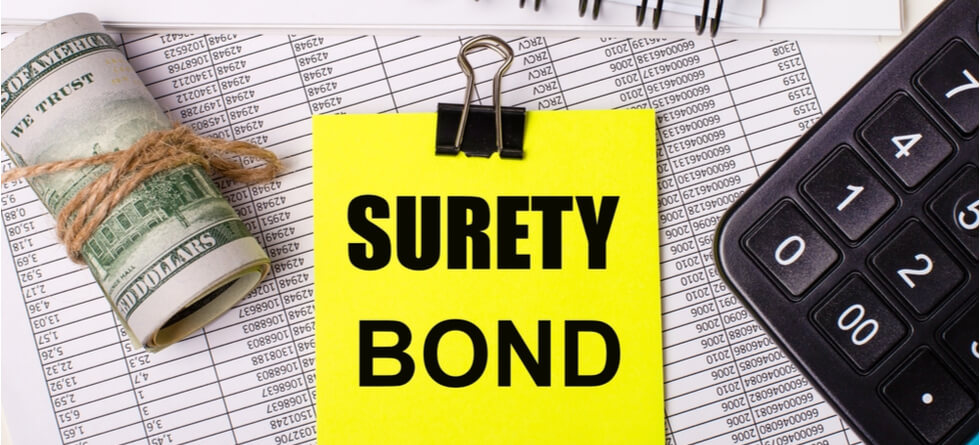Bail is when a person arrested and charged with a crime is released from custody while their case is pending. It is a way for the person to secure their release by posting a financial guarantee that they will appear in court as required.
A judge or magistrate can grant bail after a bail hearing, typically held shortly after the person is arrested. During the bail hearing, the judge will consider several factors, such as the nature of the charges, the person’s criminal history, and the likelihood that they will appear in court as required.
If the judge grants bail, they will set a bail amount the person must pay to be released from custody. This amount is typically based on the severity of the charges, the person’s criminal history, and their likelihood of appearing in court as required.
Once the bail amount has been set, the person can pay the total in cash or obtain a bail bond from a licensed bail bondsman. A bail bond is an insurance policy the bondsman will post with the court on the person’s behalf in exchange for a fee, typically 10% of the total bail amount.
If the person appears in court as required and complies with all of the conditions of their release, the bail amount will be refunded to them or their bail bond company after the case. If the person fails to appear in court or violates the conditions of their release, they may forfeit the bail amount and be subject to additional criminal charges.
Bail can generally be granted when a person has been arrested and charged with a crime, with certain exceptions for serious or violent offenses. However, the specific conditions and requirements for bail will depend on the laws and policies of the jurisdiction where the case is being heard.






